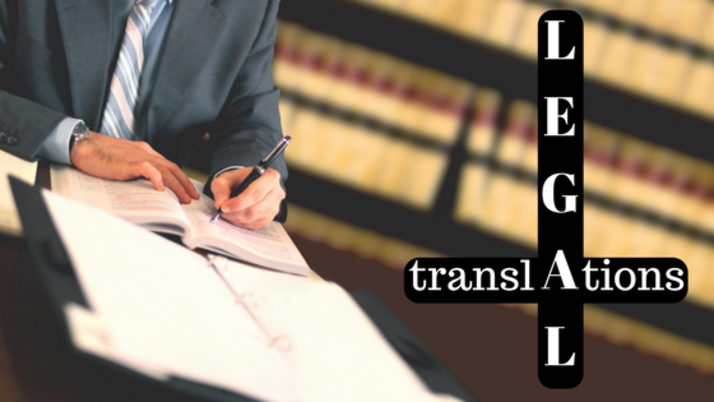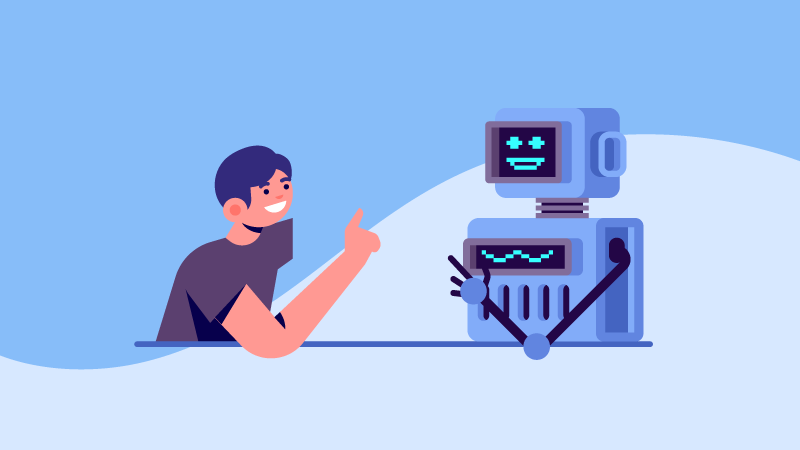In the past few years, machine translation technology has advanced significantly. Thanks to advances in artificial intelligence and natural language processing, we now have access to tools that can instantly translate text from one language to another with a high degree of accuracy. However, while machine translations have improved, they will never replace human translators. Here are five reasons why.
Table of Contents
Context is key
One of the biggest challenges in translation is understanding the context in which a word or phrase is being used. Machine translations rely on algorithms to determine the meaning of a word, but they can’t always capture the nuances of language and culture that are essential to accurate translation. Human translators, on the other hand, are able to understand the context of a text and make informed decisions about how best to translate it.
Machine translations can be literal
Machine translations often translate words and phrases literally, without taking into account the subtleties of language. This can result in awkward or nonsensical translations. For example, a machine translation might translate the French phrase “il pleut des cordes” (literally “it’s raining ropes”) to “it’s raining cats and dogs,” which conveys the same idea but uses a completely different idiom. A human translator would be able to recognize the idiom and choose the appropriate translation.
Language is constantly evolving
The evolution of language is ongoing, with new words and phrases being added regularly. Machine translation tools rely on a static dictionary of words and phrases, which can quickly become outdated. Human translators, on the other hand, are able to stay up-to-date with changes in language and culture and adapt their translations accordingly.
Machine translations lack cultural knowledge
Language is deeply tied to culture, and translating a text accurately requires an understanding of both. Machine translation tools can struggle with cultural nuances, resulting in translations that are tone-deaf or offensive. Human translators, on the other hand, are able to navigate cultural differences and adapt their translations accordingly.
Translation is not merely a science but also an art
Finally, it’s important to remember that translation is not just a matter of swapping one word for another. It’s an art that requires a deep understanding of language and culture, as well as creativity and intuition. While machine translations can be useful for basic translations, they will never be able to match the skill and artistry of a human translator.
Dubai is a bustling hub of international business, trade, and tourism, where people from all over the world come together to communicate and exchange ideas. With so many languages spoken in Dubai, the need for high-quality translation services is essential. If you’re looking for translation services in Dubai, you might be searching for “translation Dubai near me” – and there are plenty of excellent options available.
Translation Dubai Near Me: Where to Look
If you’re looking for translation services in Dubai, you have a few options. If you want to locate the best options, check out these places
Translation Agencies
Translation agencies are businesses that specialize in providing translation services to clients. They often have a team of professional translators who are skilled in multiple languages and are able to handle a variety of translation projects, from legal documents to website content. Many translation agencies in Dubai offer their services online, making it easy to find them with a simple search for “translation Dubai near me“.

Freelance Translators
Freelance translators are individuals who work independently, providing translation services to clients on a project-by-project basis. They often specialize in one or two languages and may have expertise in a particular industry or field. Freelance translators can be found through online platforms, such as Upwork, Freelancer, and Fiverr, as well as through local business directories.
Language Schools
Language schools are institutions that offer language courses to students. Many language schools also offer legal translation services, either as part of their curriculum or as a separate service. Language schools may have a team of in-house translators.
Conclusion
In conclusion, while machine translations have come a long way, they will never replace human translators. Machine translations lack the context, nuance, cultural knowledge, and artistry that are essential to accurate translation. While they can be useful for basic translations, more complex translations will always require the skill and expertise of a human translator.

